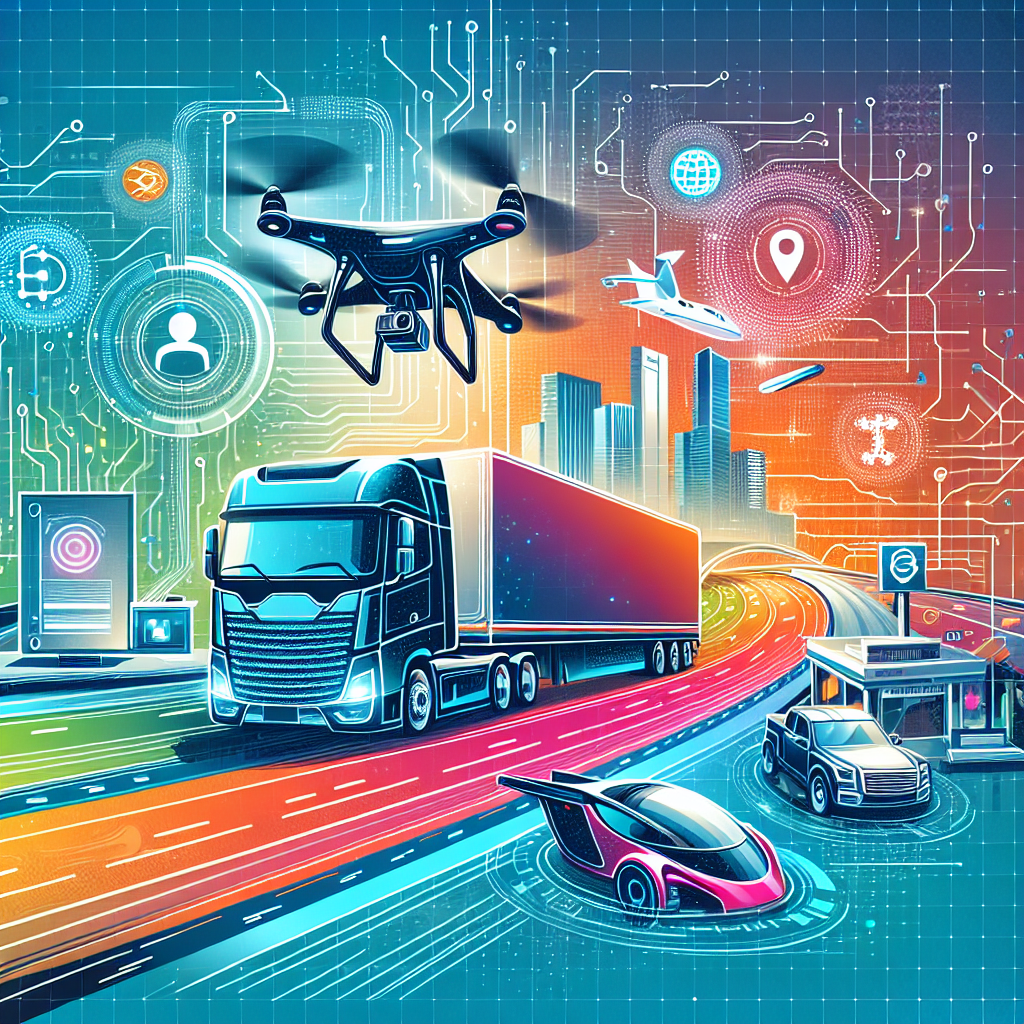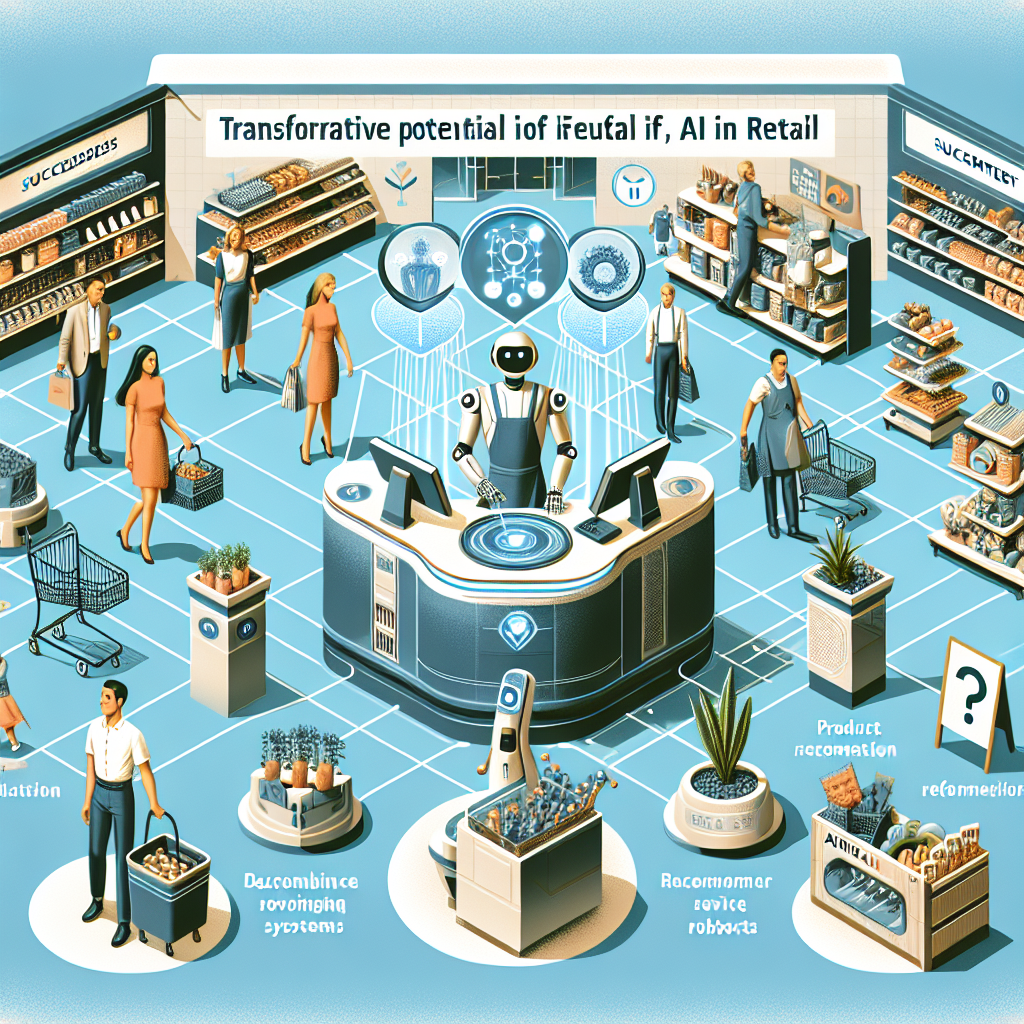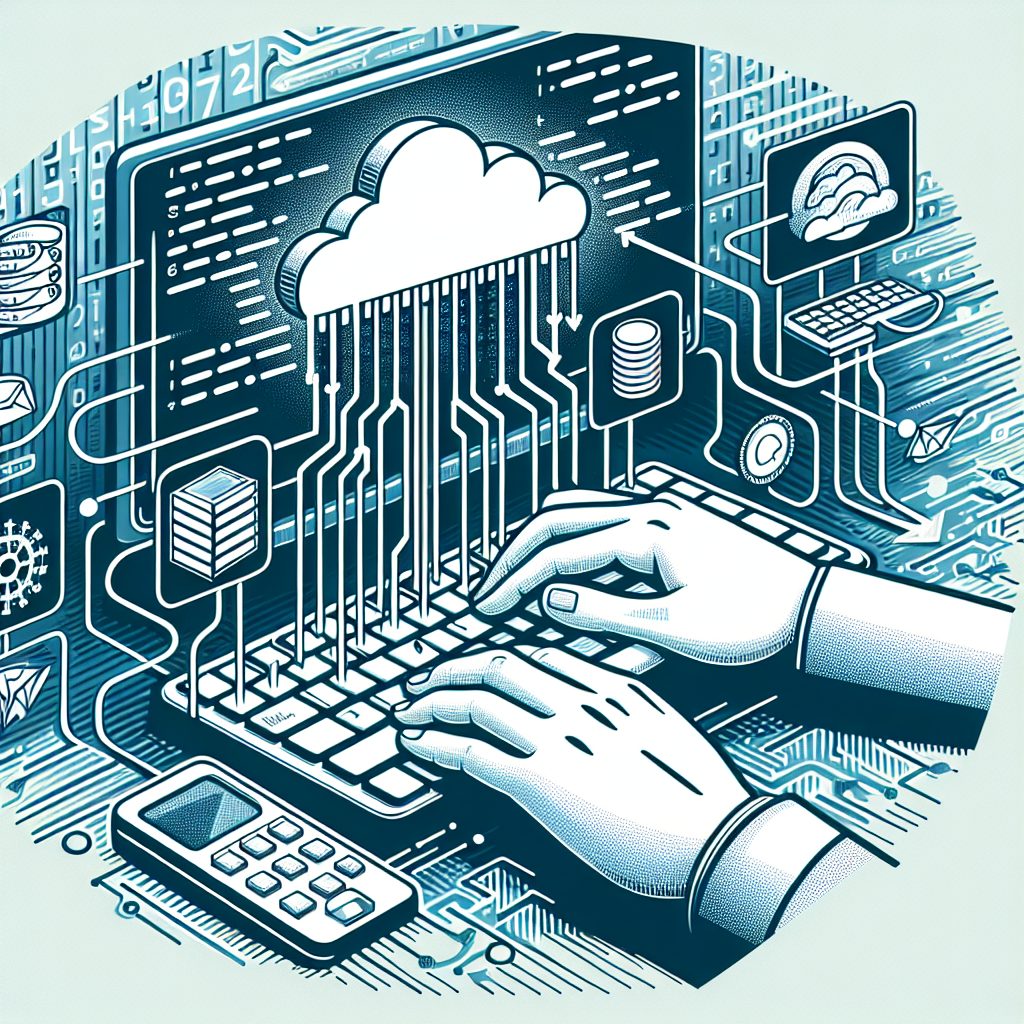AI in Transportation: Transformative Use Cases, Success Stories, and Challenges

```html
In recent years, Artificial Intelligence (AI) has made significant strides in the transportation sector, offering innovative solutions to longstanding challenges. From optimizing traffic flow to enhancing vehicle safety, AI is transforming how we move. In this post, we'll delve into various use cases of AI in transportation, share success stories, and discuss lessons learned from both achievements and setbacks.
Autonomous Vehicles
One of the most groundbreaking applications of AI in transportation is the development of autonomous vehicles. Companies like Tesla and Waymo are at the forefront, using AI algorithms to interpret sensor data and navigate roads safely. These self-driving cars promise reduced traffic accidents, lower emissions, and increased mobility for those unable to drive.
However, the path to autonomy is fraught with challenges. A well-known incident involved an autonomous vehicle misinterpreting road signals, leading to a fatal accident. This underscores the critical need for rigorous testing, enhanced sensor technology, and robust fail-safe mechanisms.
Predictive Maintenance
AI is revolutionizing the maintenance of transportation infrastructure and vehicles. Predictive maintenance uses AI to analyze data from sensors and predict when a system or component will fail, allowing timely interventions. For example, Delta Airlines uses AI to predict aircraft maintenance needs, reducing downtime and enhancing safety.
Despite its benefits, predictive maintenance comes with its own set of challenges. A railway company faced issues when their AI system generated too many false alarms, leading to unnecessary maintenance checks and operational inefficiencies. This demonstrates the importance of fine-tuning AI models and combining them with human expertise.
Traffic Management
AI is enhancing traffic management by analyzing data from road networks, traffic cameras, and GPS systems to optimize traffic flow and reduce congestion. Cities like Los Angeles are deploying AI algorithms to predict traffic patterns and adjust traffic signals dynamically, leading to smoother commutes and reduced emissions.
However, implementing AI-driven traffic management systems can be complex. A city project faced setbacks due to data privacy concerns and integration issues with existing infrastructure. This highlights the need for comprehensive planning, stakeholder engagement, and robust data governance policies.
Smart Logistics and Supply Chain Optimization
AI is transforming logistics and supply chain management by optimizing routes, managing inventory, and predicting demand. Companies like Amazon use AI to streamline delivery routes, reduce delivery times, and minimize fuel consumption. AI-driven supply chain optimization results in cost savings and improved customer satisfaction.
Nonetheless, the complexity of global supply chains poses challenges. A logistics company experienced disruptions when their AI model failed to anticipate unexpected demand spikes, leading to inventory shortages. This scenario underscores the importance of incorporating real-world variables and building resilient AI systems.
Fleet Management
AI is improving fleet management by tracking vehicle performance, optimizing routes, and ensuring compliance with regulations. UPS leverages AI to optimize delivery routes, known as the ORION system, which has saved millions of miles and gallons of fuel annually.
However, integrating AI into existing fleet management systems can be challenging. A delivery service faced issues when their AI-generated routes proved impractical for drivers due to real-time traffic conditions. This emphasizes the need for adaptive AI models that can adjust to on-the-ground realities and feedback from human operators.
The Future of AI in Transportation
The future of AI in transportation is promising, with advancements in areas such as hyperloop systems, AI-powered public transit, and smart city initiatives. AI's capabilities in real-time data analysis, adaptive learning, and automation will continue to drive transformative changes in how we move and interact with our transportation systems.
To fully leverage AI's potential, it is crucial to address ethical considerations, data privacy, and regulatory compliance. Collaborative efforts between governments, industry leaders, and technology developers will be essential to ensure the safe and effective deployment of AI in transportation.
In conclusion, AI is revolutionizing the transportation sector through applications in autonomous vehicles, predictive maintenance, traffic management, smart logistics, and fleet management. Success stories from companies like Tesla and UPS highlight AI's transformative potential, while lessons from challenges emphasize the need for continuous refinement, ethical practices, and collaboration. As AI technology advances, its role in transportation will expand, offering new opportunities for innovation and efficiency in our mobility systems.
```



